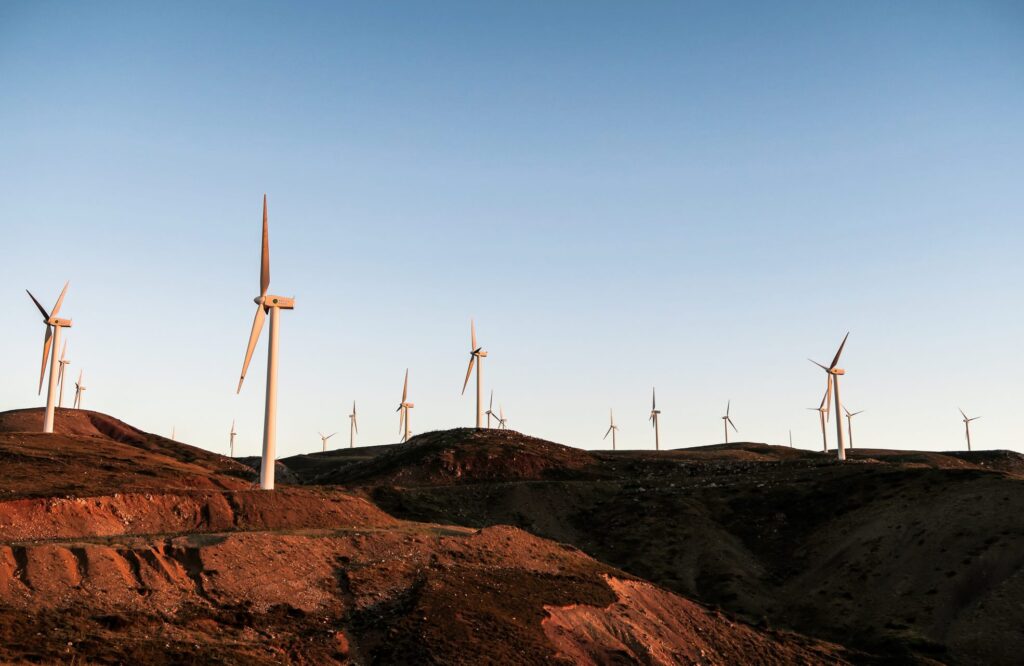
The Low-Carbon Innovation Lever
Technologies needed in the next ten years to be on track with the Paris Agreement goals already exist but are not enough diffused. The authors of the World Bank report “Technology Transfer and Innovation for Low-Carbon Development” explain how policies can transform a must for climate change into a big opportunity for sustainable growth, especially for developing countries.











